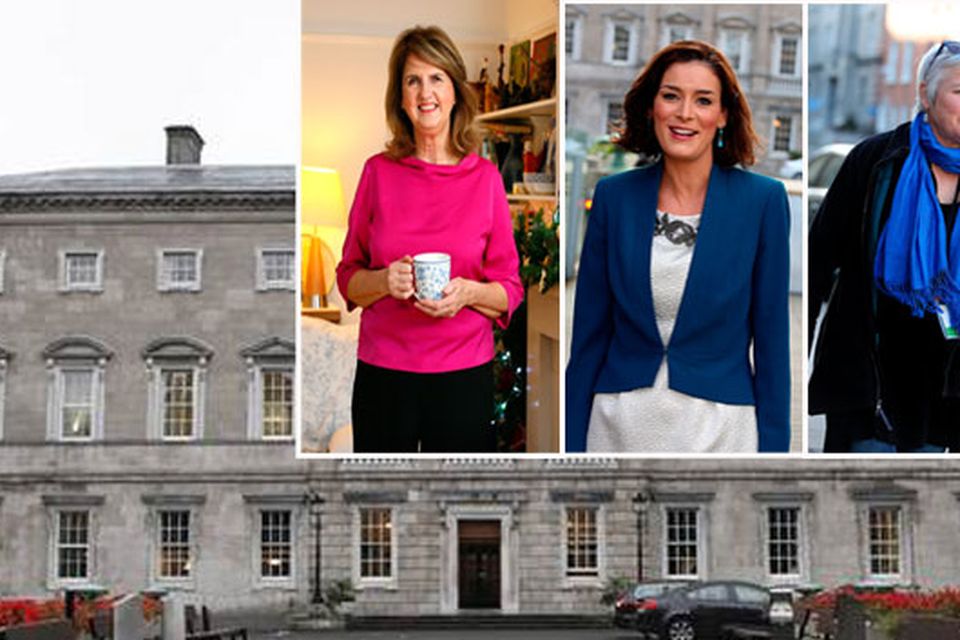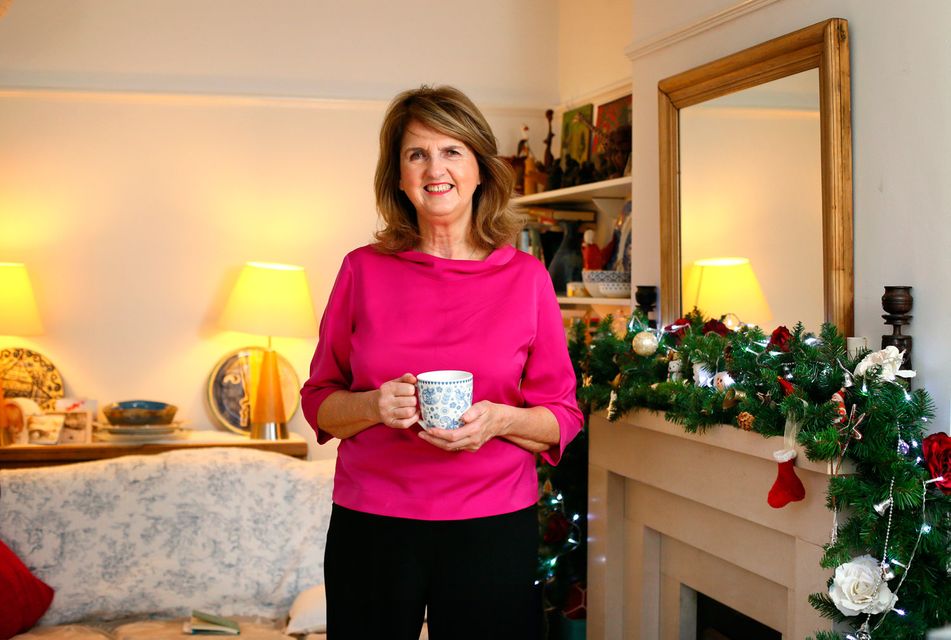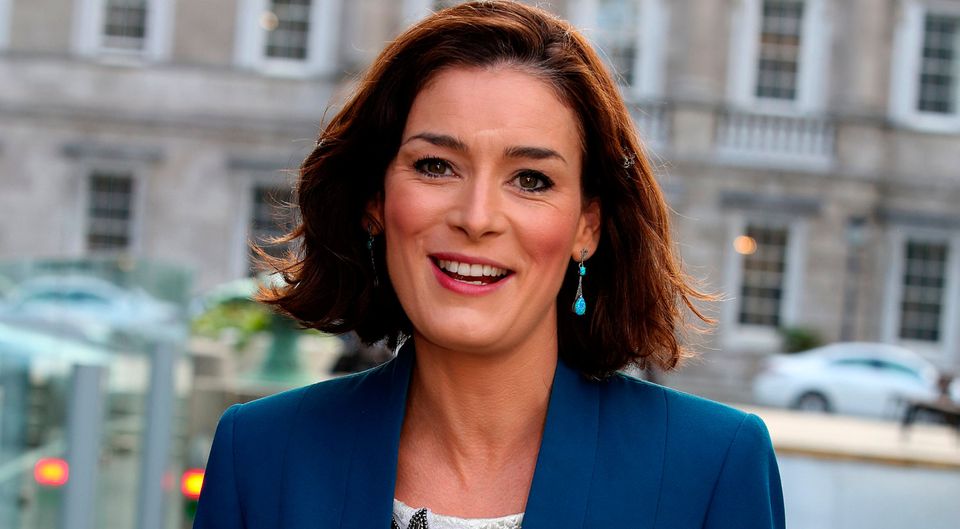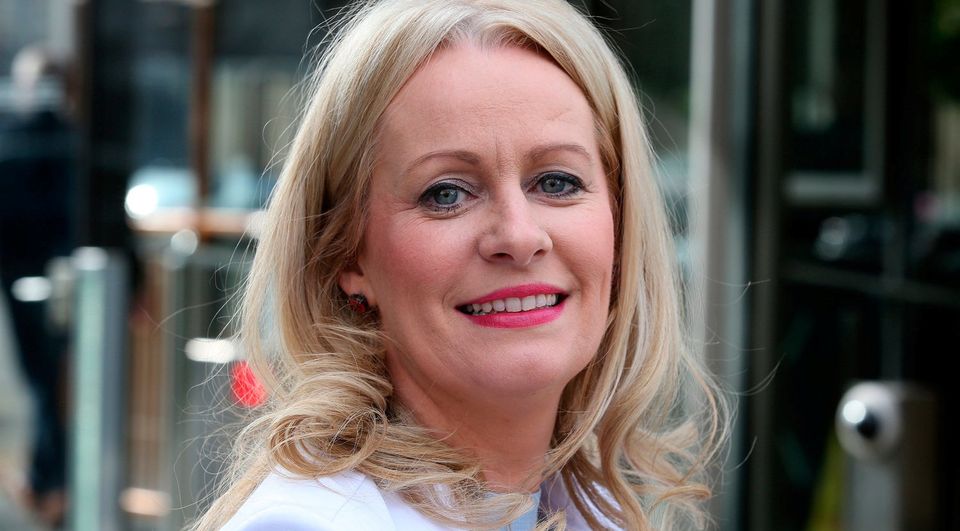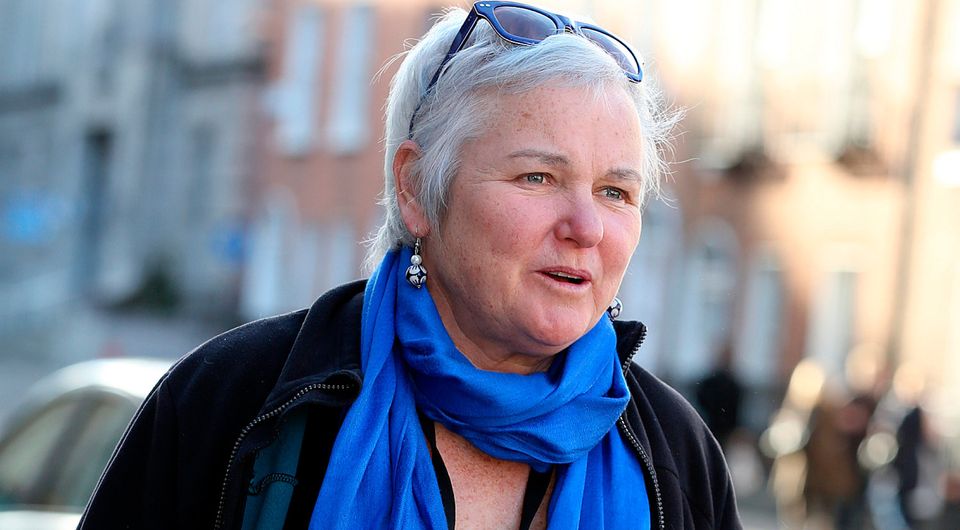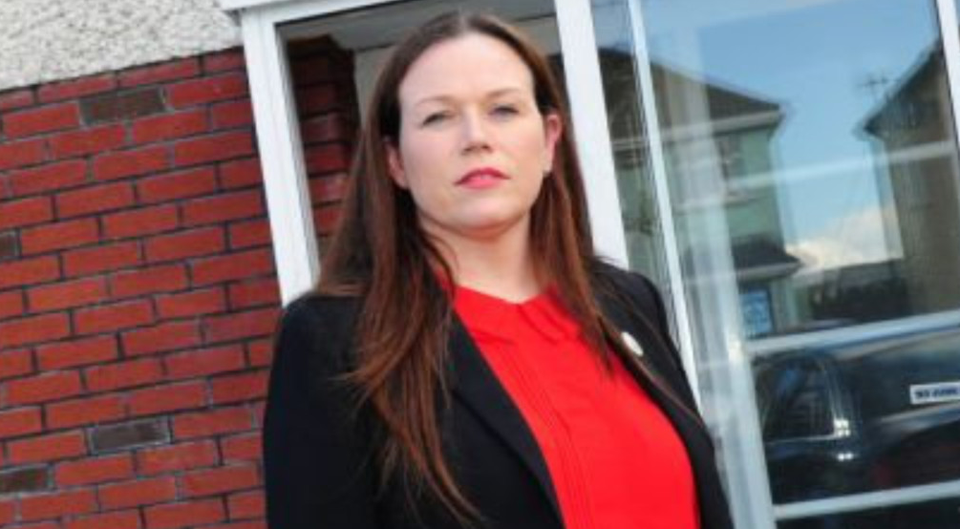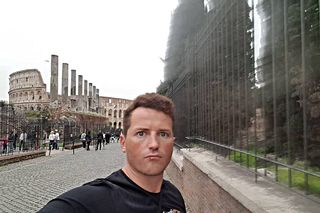Exceptionalism, misogyny and 'semi-evolved' colleagues - female TDs on pursuing balance in politics
International Women's Day in focus
As the world celebrates International Women's Day Independent.ie spoke to some female TDs about being a woman in politics, working in Leinster House and how best to encourage more women to get involved.
Joan Burton: 'I think there is this culture of exceptionalism in politics - that a woman has to be significantly better than any equivalent man'
Former Labour Party leader Joan Burton. Photo: Frank McGrath
Joan Burton was first elected to Dáil Éireann in 1992 - an election which saw the then largest ever influx of female TDs (20) thanks perhaps to the Mary Robinson effect. Mrs Robinson had been elected to the Áras just two years earlier, becoming the first woman to hold that office.
At that time Leinster House was old-fashioned she said - and in the interim progress has been slow and haphazard.
"What’s remarkable is we had the revolutionary generation of women around 1916 but really when the State gained independence, a lot of that social revolution vanished and in a way women receded back into the home," she said.
"The early 1990s was when women in modern Ireland began to reassert themselves quite strongly... but what we’ve seen is that that has continued at a fairly slow pace."
It was the Labour-Fine Gael government who introduced gender quotas for elections - but now a parity needs to be demanded at Cabinet level according to the former-Tanáiste.
"As a woman who has served in Government, I looked around the Cabinet table full of men and it was very sobering to think how few women had got to there before and secondly to realise that there was three women at that table and that was the largest number of women up to that [at Cabinet]," Ms Burton said.
Women need to be encouraged to believe that politics is a viable career for them, she said.
"For every woman who gets involved you always have to think that there are more women coming behind.
"Politics can be enormously rewarding and frustrating and I would say to any woman thinking about getting involved to go for it," she said.
There is a sense in politics that only exceptional women are good enough, Ms Burton said, adding that this notion needs to be tackled.
"I think there is this culture of exceptionalism - a woman has to be significantly better than any equivalent man," she said.
Kate O’Connell: 'I’ve never felt like a victim but there is sort of a basal level misogyny'
Kate O'Connell TD Picture: Tom Burke
The gender pay gap and indirect penalties imposed on those who take time out to have children are among the problems women face in both politics and business, according to Kate O'Connell.
"I’ve always said similar barriers exist for women going into politics as exist for women going into business," the Rathgar-based representative told Independent.ie.
And gender quotas were "crude" but necessary, the outspoken TD adds. But 30pc does not go far enough in her mind.
"I don’t see 30pc as being good enough, I see Leinster House at least requiring a minimum of 50pc of women to address the imbalance that has been for a century," she said.
"Having a 50:50 gender split on the recent Eighth Amendment Committee had a positive effect on the tone and process of the committee," Ms O’Connell said.
"I think having more women around Leinster House has a positive effect on the way women are treated.
"I think that because there hadn’t been a huge amount of women in Leinster House, it is an old-fashioned place. Because there hasn’t been women in there to call it out, people have got away with a level of behaviour, a basal level of misogyny - not necessarily full-on, every day in your face, but quite an un-evolved way of going on sometimes.
"That said I think the presence of women has tempered that... some of the semi-evolved species have had to get over themselves and accept that we’re there.
"It’s just sort of an attitude, it’s not 'smack you on the butt' - it’s not that at all - but there would be certain commentary and you think ‘if that was said anywhere but in here you just wouldn’t say it’," Ms O'Connell said.
"It’s not like I’ve ever felt like a victim but there is sort of a basal level misogyny, but there is plenty of forward-thinking men in Leinster House of all ages.
"Just because someone is young doesn’t mean they’re not a misogynist and just because someone is old doesn’t mean they are," she said.
The survey on potential abuse of both men and women in Leinster House is to be welcomed but the first-time TD isn’t expecting a straight A report card.
"I don’t imagine it’ll be a perfect, all-A’s report but if you don’t do the research you don’t know how to fix things," she said.
Niamh Smyth: 'We as women have a responsibility to put ourselves forward and not be afraid of that'
Fianna Fáil TD Niamh Smyth. Photo: Tom Burke
New mum Niamh Smyth - who welcomed her first baby Juliette last November - said there are a number of small measures that the Oireachtas could take to accommodate new mums.
The Cavan TD was shocked to be told that she would need to present a sick cert in order to explain her absences in the weeks following the birth of her child.
"I said I’m not sick and I won’t be sick but there is no provision... it’s ridiculous," she said.
According to Ms Smyth, creche hours that operate outside of normal business hours to match the hours worked by elected representatives are among the measures that could be implemented to make Dail Eireann a more family-friendly place.
A nursing room for mums to breastfeed in Leinster House could also improve things, she said.
"I think it’s a little bit archaic that the Dáil would sit until 10pm at night, perhaps we could have within reasonable working hours - it’s not family friendly - and you can make that argument for men and women," she said.
When questioned on how that would go down with TDs who like to be seen to be working locally as well as nationally, Ms Smyth said:
"Well that is always the challenge isn’t it, but could you argue perhaps that there could be better use of the time made of the time that we do have here?"
Even minor measures like allowing women who have had a baby a six-month stint where contributions could be scheduled before 6pm where possible would be an improvement, she added.
"In this day and age too it should be possible to do virtual voting - we can do conferencing calling from around the world and have remote offices. There should be some technology in place that allows women to participate in the Dail from home or constituency office for the few short weeks that we have to," she said.
Furthermore, Ms Smyth thinks ahead of a second General Election where gender quotas will be imposed on parties it is important for women to out themselves forward.
"We as women have a responsibility to put ourselves forward and not be afraid of that," she said.
Bríd Smith: 'Women in working class areas are extremely political... they would be wonderful people to have as representatives'
People Before Profit TD Bríd Smith
For first-time TD Bríd Smith, getting more women in working class areas involved in politics would be a positive step for Ireland.
"In my experience going around the areas I operate in when you have a struggle on your hands, whether it's for a new park or refurbishment of a school or fighting water taxes, women are always at the front locally," she said.
These women are often very political creatures, even though they might tell you they’re not, she said.
This is often because it is women who are dealing with the realities of "budgets, rearing the next generation, looking after the previous generation as carers," she said.
"Women in working class areas are extremely political... they would be wonderful people to have as representatives on councils and in the Dáil," she said.
Tackling affordable childcare and healthcare for the elderly are among the measures needed to ensure women feel that they can pursue any career they wish - whether that is in politics or not, Ms Smyth pointed out.
"Often women do the lion’s share of the caring and child-rearing and we would have to see a massive development of childcare, health care, homecare [that is] accessible to families on a professional basis," she said, adding "other countries manage it".
Another element to the question of improving participation for women in politics is to ensure that we are raising generations of girls and women who believe they are as capable as men.
"The message comes every which way from the time girls are in school that you’re not as capable of the guys.. At every hands turn [there is a] reinforcing of the message that women are not equal to men and unless we undermine that message and get rid of it women will defer to men," she said.
Ms Smith, an advocate for the repeal of the Eighth Amendment, said the issue of contraception and "full bodily autonomy" for women were also central to getting more women involved.
"You’re on a highway to nowhere if you can’t decide how, when and where to have children," she said.
Louise O'Reilly: ‘The biggest barrier facing women entering pols is ironically that they’re aren't enough women in politics’
Deputy Louise O’Reilly TD.
Deputy Louise O’Reilly said women are carving out their place in politics but there is more work to be done.
“The biggest barrier facing women entering pols is ironically that they’re aren't enough women in politics,” she said.
Women looking at the national parliament will notice the dominance of men but parties could be doing more to promote their TDs.
“The bigger parties certainly could be doing more, such as giving their women more speaking time," she said.
For Sinn Féin - who now have female leaders on both side of the Border - there is a “powerful message” that "there is no glass ceiling or sticky floor" in the party, she said.
Meanwhile, Ms O'Reilly said elected women need to be “less shy” about their role.
“We’ve earned our right to be here. We were all elected by the people. My mandate is as valid as that of our male colleagues,” she said.
This applies also to promoting women generally she said.
“What international women’s day really highlights is that we don’t highlight women enough.”
The focus for elected deputies should be on addressing the imbalance which sees more women than men engaged in low-paid or precarious work, Ms O’Reilly said.
“For women outside of here we can and we should be doing more to make equality a reality in their lives,” she said.
But achieving balance in Leinster House goes beyond a 50:50 gender split she said.
“I think there is a good mix of women in Leinster House and there’s not enough of us I suppose you could say, but equally we can’t just divide down gender lines. There are not enough working class people, or people of colour, or minorities,” she said.
On the road in her constituency Ms O’Reilly said it’s clear that the interest in politics is there among people from all genders but is often expressed in a different way.
“Women more likely to talk to you about something that is overtly political but she won’t flag it up to talk to you as ‘talking about politics’.
“Women are inherently very political beings... I think a women is more likely to talk politics and not call it that, while a man more likely to say ‘I’m going to talk to you about politics’.”
Join the Irish Independent WhatsApp channel
Stay up to date with all the latest news
